Search
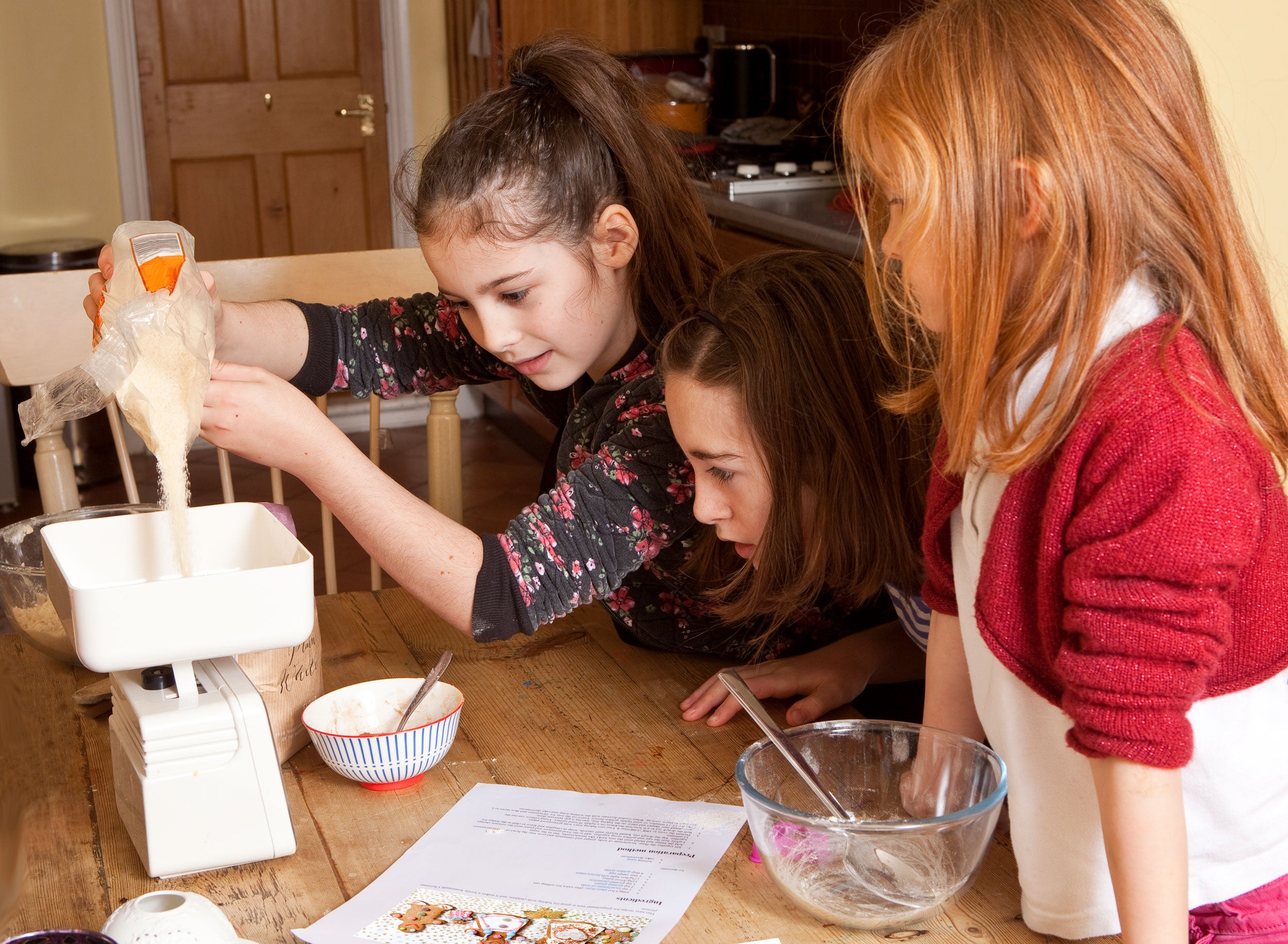
Teaching Math and Science in the Kitchen: 24 Ideas
Children can learn valuable skills in the kitchen: measuring ingredients, following a recipes, and much more. Have you ever considered that these skills double as math and science skills?

South Dakota 4-H Missed Deadline Agreement
Form for missed deadlines for State 4-H Events
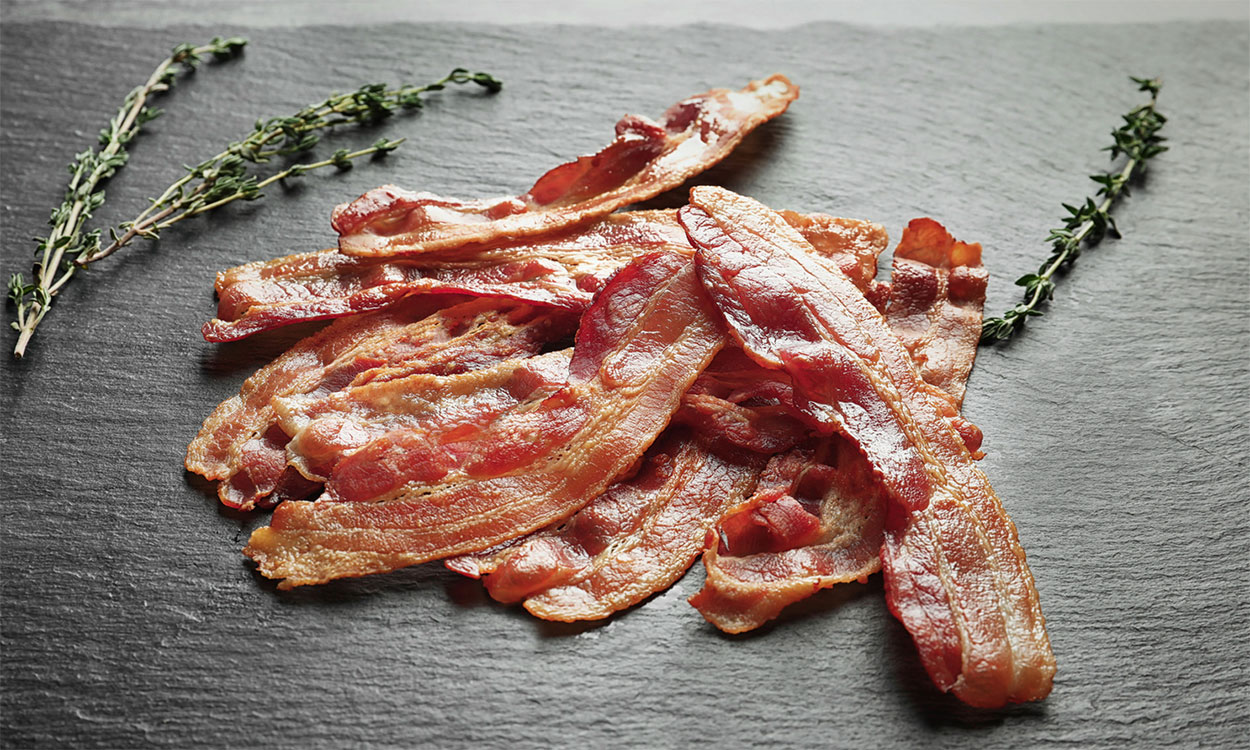
Don't Go Bacon My Heart
How much do most consumers really know about bacon? Let’s explore some bacon basics to help you understand this delicious product.
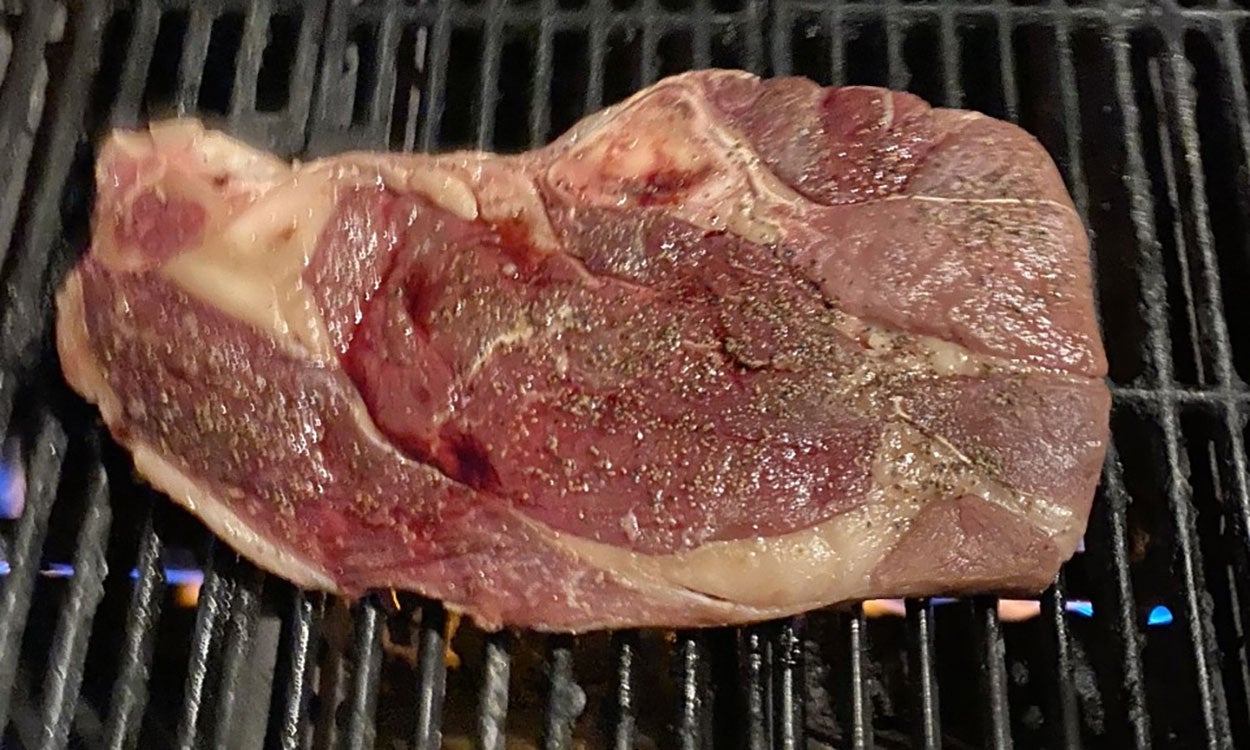
Picking the Perfect Steak
As grilling season is getting into full swing, many grillers are in search of the perfect steak. Whether you prefer flavor, tenderness or marbling, learn some expert tips to select a steak that's right for you!
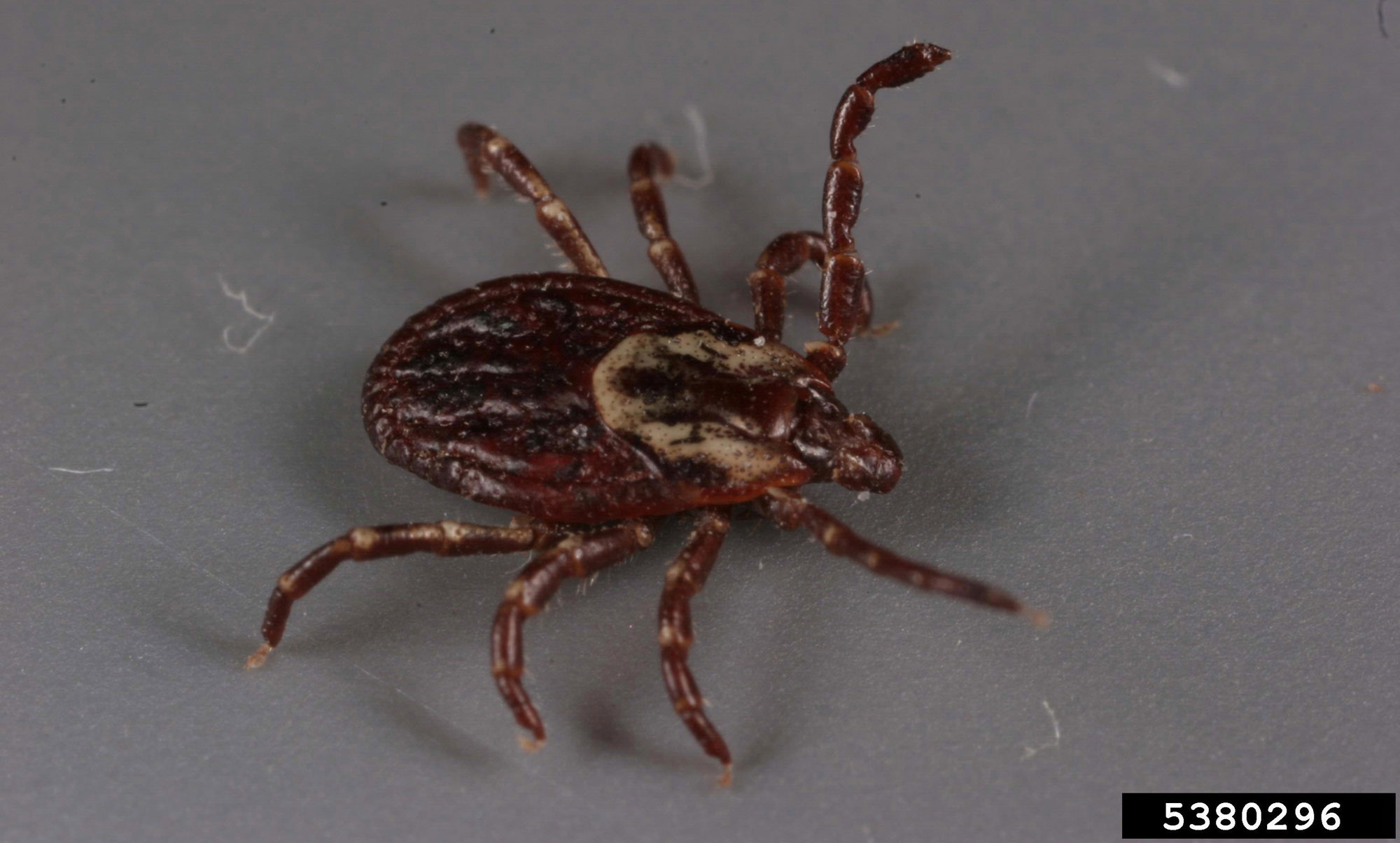
Ticks Becoming Active in South Dakota
The arrival of spring in South Dakota means warmer weather and more outdoor activities. However, it also brings an increase in tick activity.
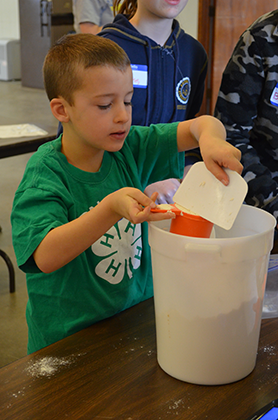
2020 State 4-H Event Cancellation List
This list aids planning and decision-making for 4-H member families and volunteers in light of the ongoing COVID-19 pandemic.
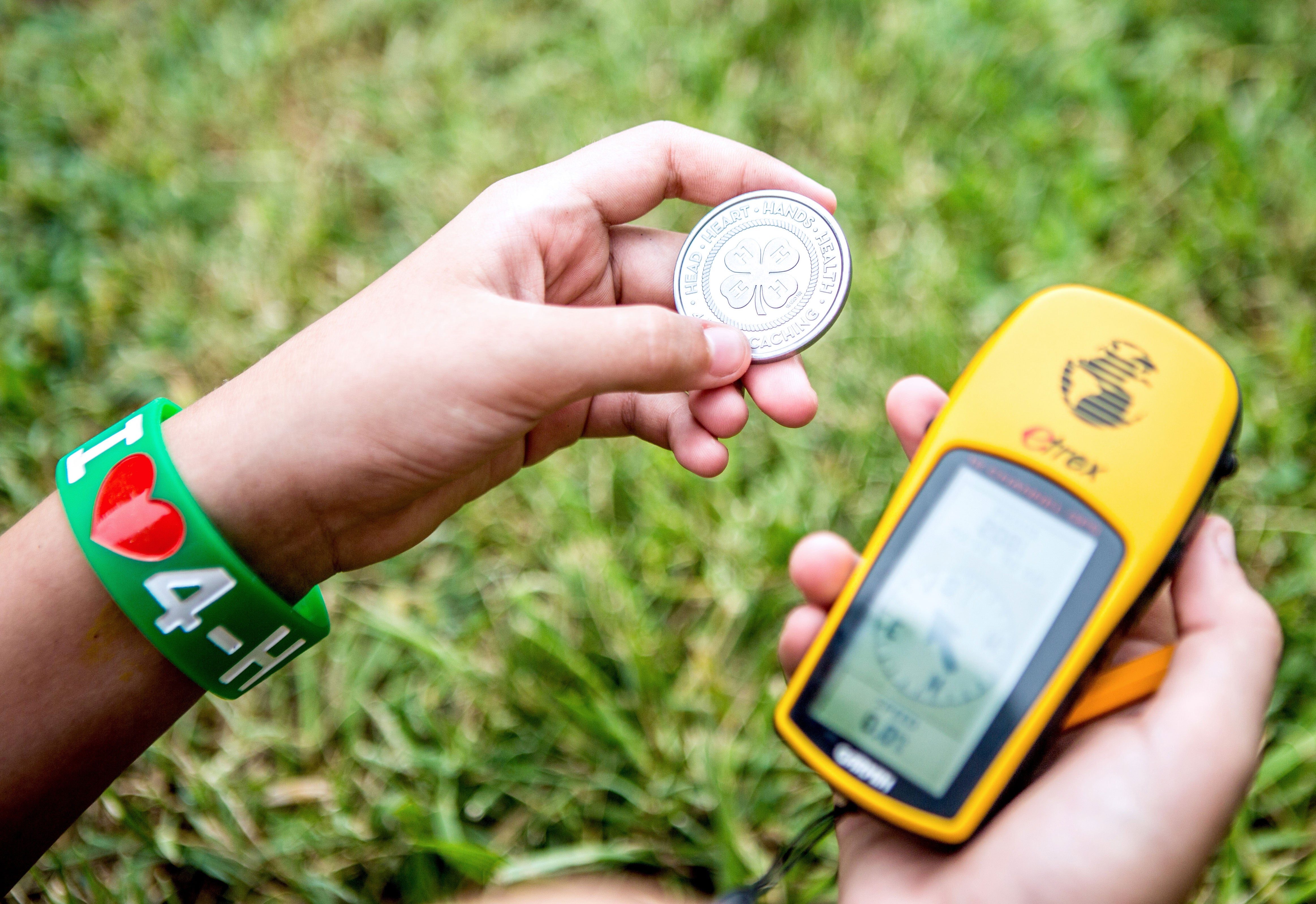
Science, Technology, Engineering and Math (STEM)
STEM programing supports youth in developing a variety of skills including critical thinking, team work and communication.
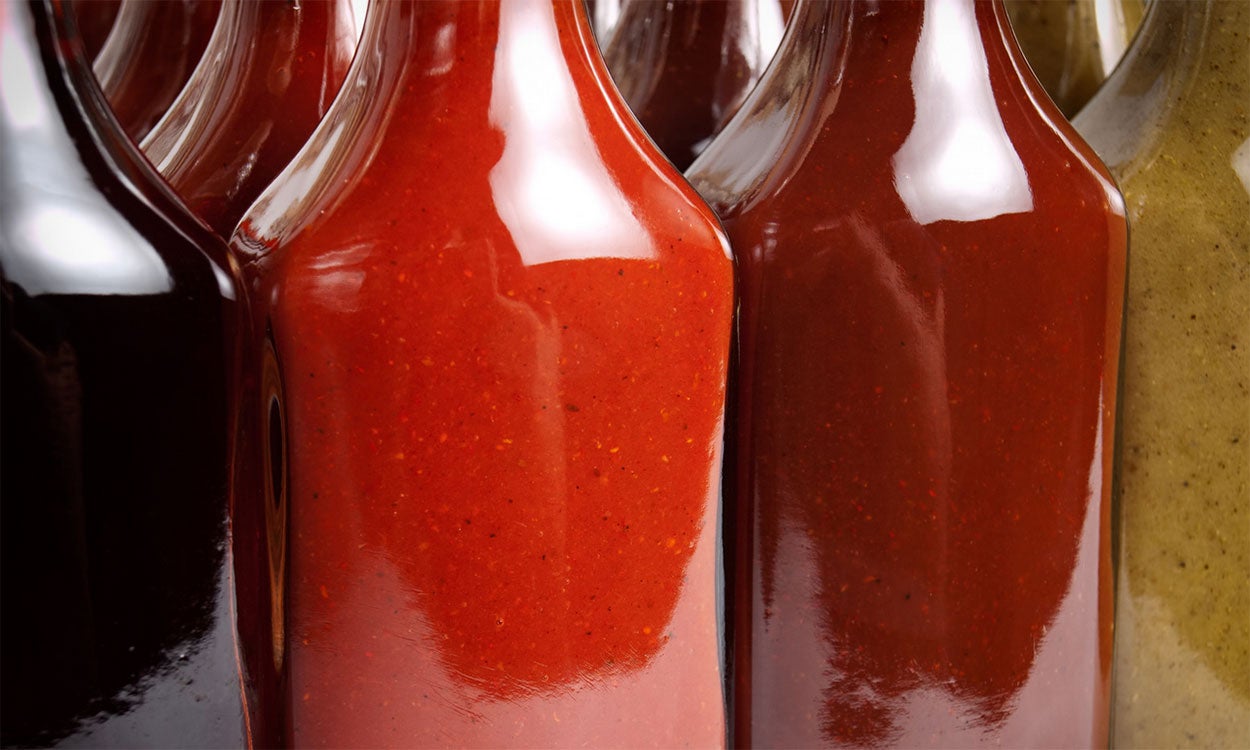
How to Make a Safe Hot Sauce
Hot sauces can be made to with a combination of several different ingredients to give unique flavors and heat that consumers enjoy. There are many considerations that should be made on how hot sauces are processed, formulated and packaged.
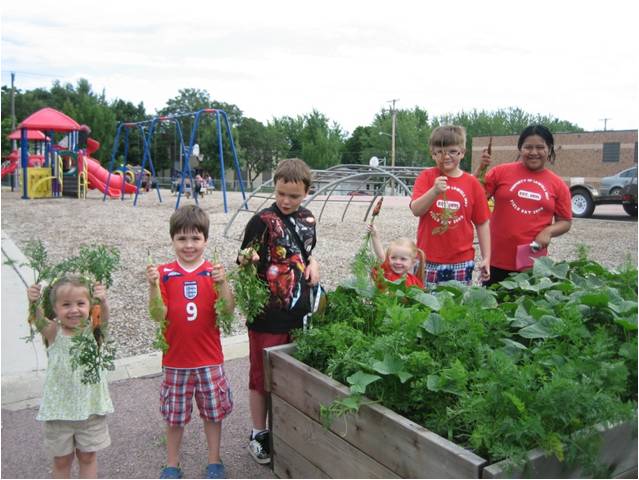
Ages & Stages in the Garden: 4-5 year olds
If considering a garden-based learning program for four to five year-old it is important to understand some of their developmental characteristics prior to planning your program. Young children’s abilities will differ greatly from older youth.
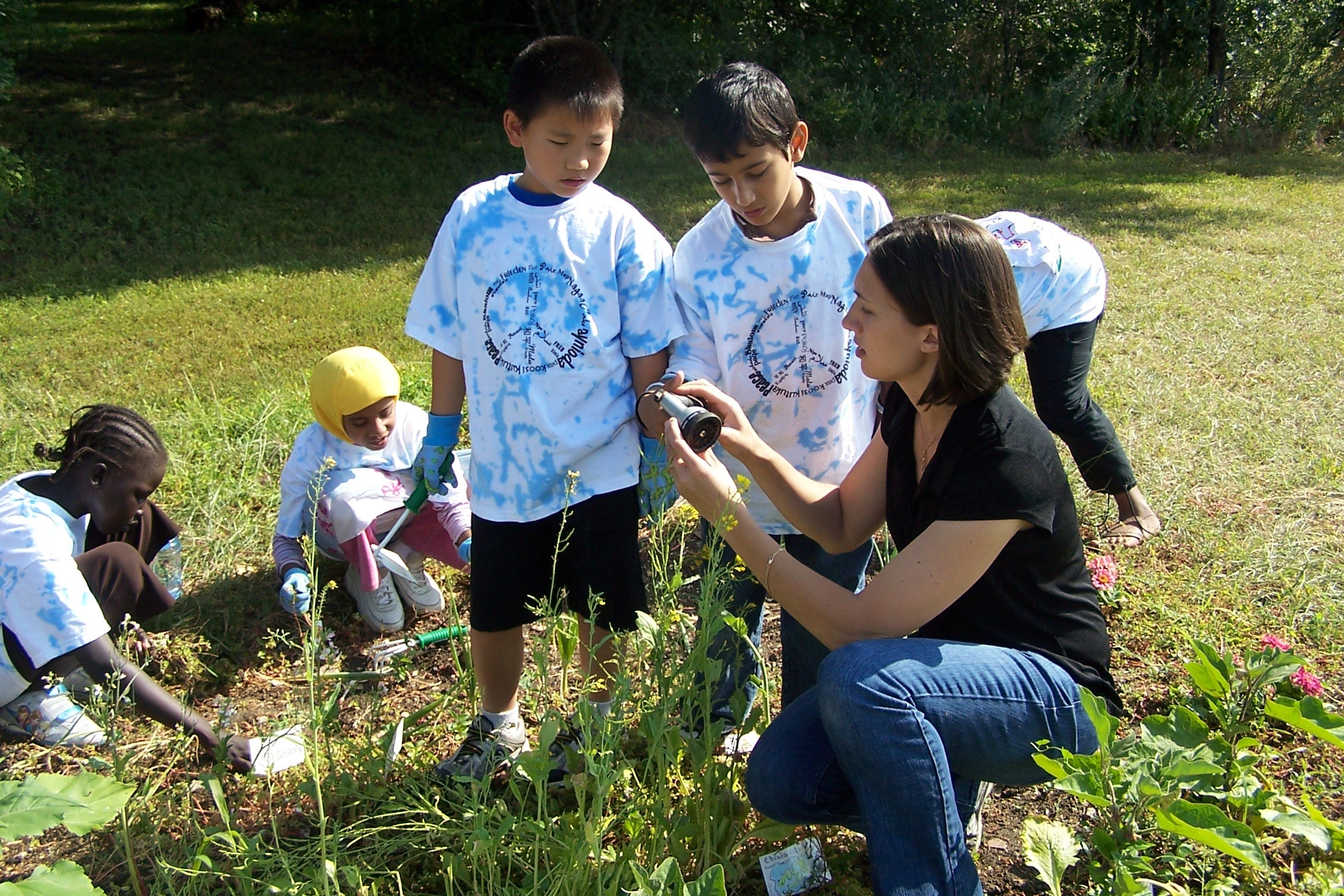
Ages & Stages in the Garden: Ages 9-11
When working with upper elementary youth in a garden consider their physical development and skill level as you develop learning activities. Nine to eleven year olds have better coordination and reaction time by this age, however sometimes dues to growth spurs there can be short-term issues with balance and coordination. Additionally, these children have more body strength and their hand dexterity has increased.